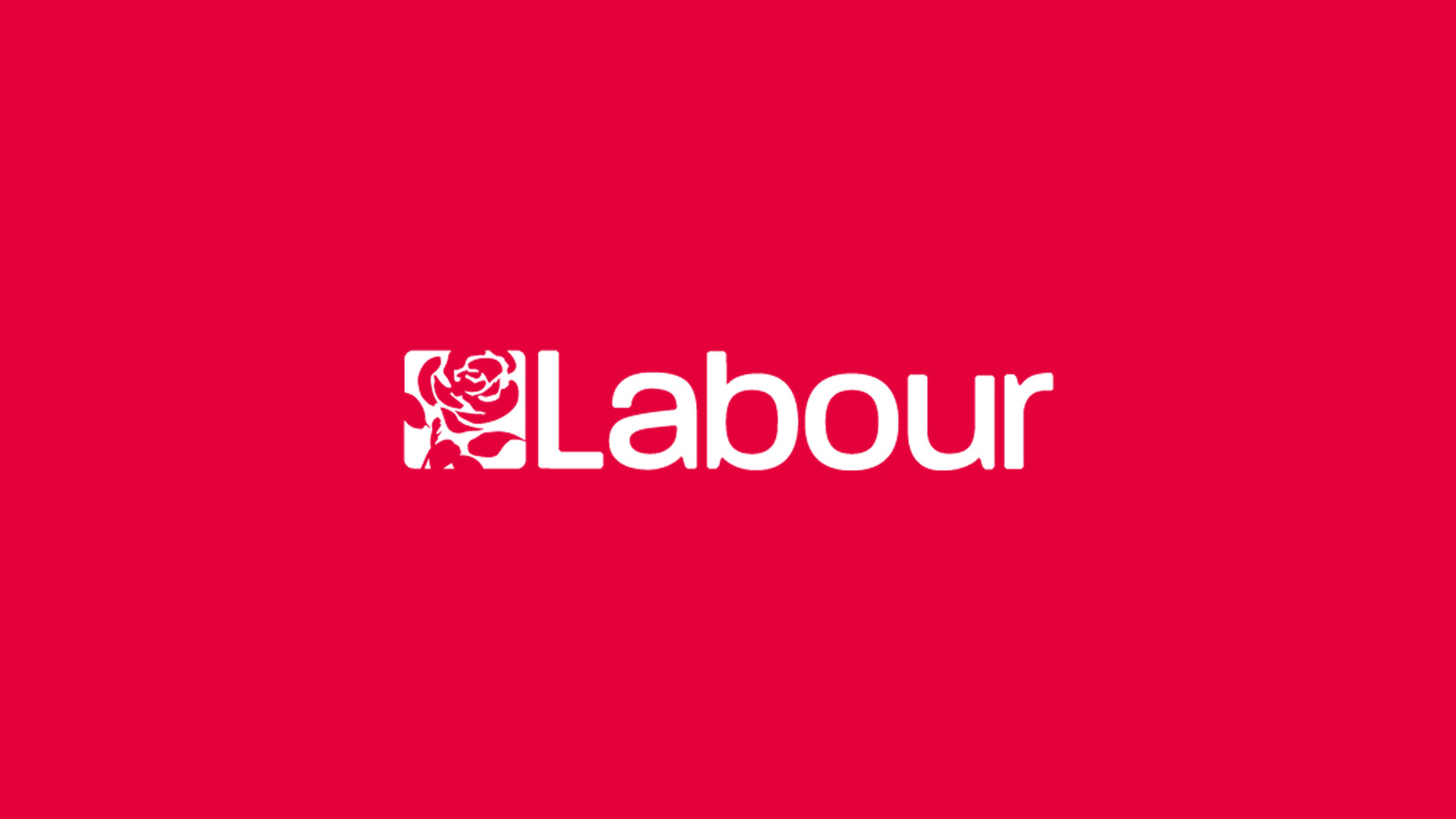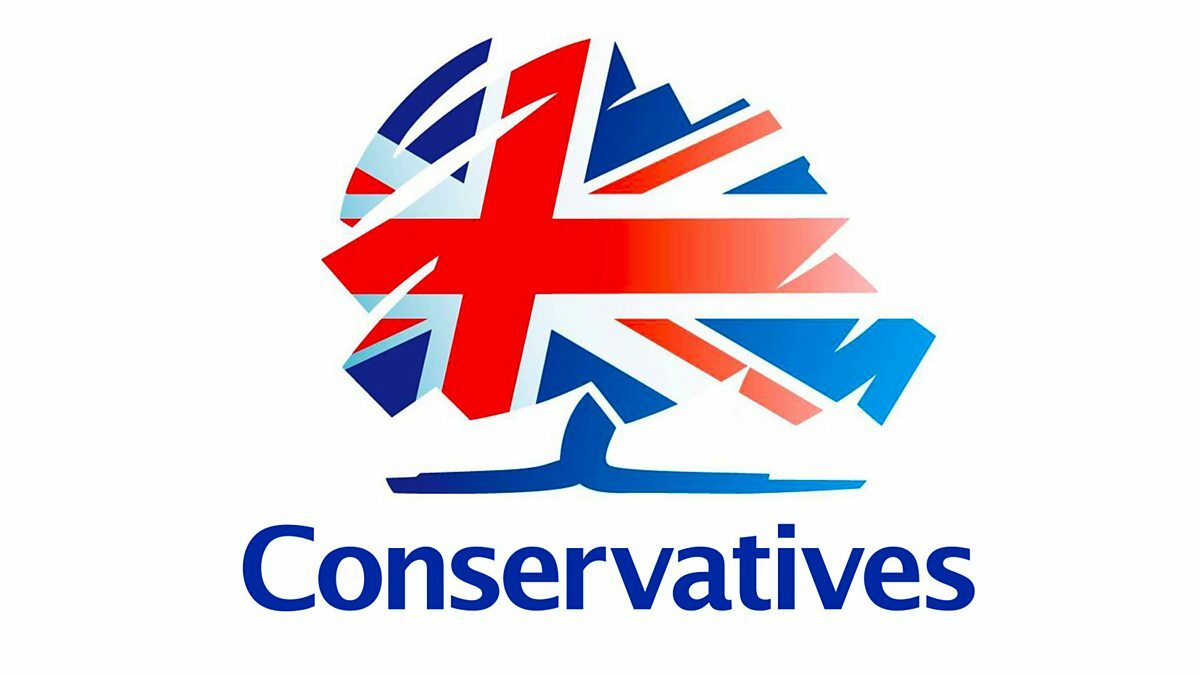
30 May 2024

30 May 2024
The UK general election is happening on the 4th July 2024. There are still many unknowns across all political parties plans but employers need to be prepared for an election result that will leave business owners and employers scratching their heads over how to manage any employment law changes.
Here’s our summary of the likely key pledges and questions for employers from the two main political parties. Of course a minority government/hung parliament may mean manifesto plans are brought to an abrupt halt if there are simply not enough MP's from a single party to be able to vote through changes successfully.

The Labour party
An Employment Bill is reported to be ready and waiting and Labour has said it will begin the legislative process in the first 100 days, which would mean by 12 October 2024.
Various sources indicate that Labour’s proposals will impact fundamental rights across the whole spectrum of employment law.
Key plans may include:
These key plans do create some questions:
? What processes will apply to probationary period
? Will an employee still be able to pursue an unfair dismissal claim arguing that they haven’t been followed?
? What’s the minimum number of hours in an employment contract?
? When would an employee’s average hours not become contractual?
? When will fire and re-hire be permitted?
? What will tougher sexual harassment laws look like in practice?
The election manifesto may offer more clues, but full details of most proposals won’t start to emerge until any new Labour government starts the legislative process with consultations and draft legislation. In some cases, reforms could take years but at the moment, it seems that there is definitely an appetite for major reform

The Conservative Party
The Conservative party has so far said little about its plans for employment law, but it is probably safe to assume that the aim will be deregulation so completely the opposite of the additional laws that Labour are proposing.
A Conservative government may:
It is unclear what will happen with the Workers (Predictable Terms and Conditions) Act 2023 which has already begun being implemented. This Act gives workers a right to request a more predictable contract and was due to come into force in Autumn 2024. This needs further regulations to add the details of the new right and bring it into force so it may or may not come to fruition if the Conservatives are re-elected.
We will bring more news as the election campaign progresses.
Follow us on LinkedIn ((18) The HR Branch: Company Page Admin | LinkedIn) and Facebook (The HR Branch Ltd | Boston | Facebook) to keep up to date with employment law changes and best practice advice and guidance for managing people.
Author - Katharine Nundy